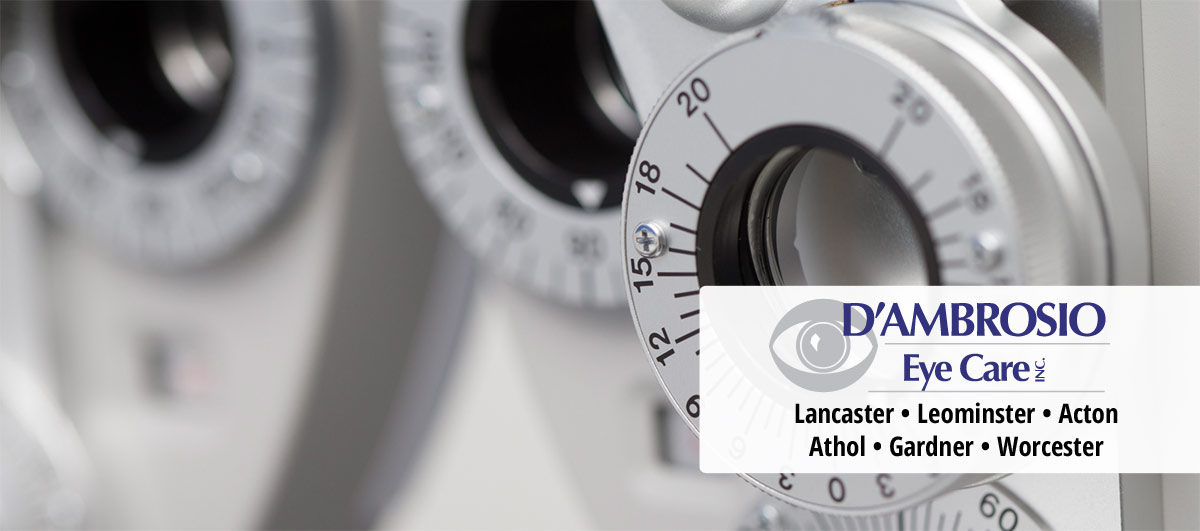Wearing
sunglasses that protect your eyes from harmful UV rays is as important as
wearing sunscreen; and this habit should start as early as infancy. 80% of the UV rays absorbed during a lifetime
are absorbed before the age 18. Harmful
UV rays can contribute to the development of age-related cataracts, pterygium,
photo dermatitis and cancer around the eye as well as age related macular
degeneration.
Sand,
snow, concrete and water reflect sunlight, intensifying exposure. Parents should advise and reinforce the
importance of sun protection by teaching children to always take protective
measures while outdoors. Children should
wear sunscreen, sunglasses, hats, stay in shaded areas and minimize exposure
between 10am and 4pm.
If
your child wears prescription eyeglass all day they are most likely wearing a
polycarbonate or Trivex® material which protects their eyes from harmful UV
rays, but if your child does not need corrective lenses, they should still wear
protective sunglasses while outdoors. It
is recommended that all children, including infants, wear protective sunglasses
while outdoors. Sunglasses that block
99%-100% of UV rays. Be wary of non-specific labels like ‘blocks harmful UV’
vs. ‘blocks 99%-100% of UV’. Not all lenses
will block the recommended amount of UV.
Children should also always wear polycarbonate or Trivex® lens material
as it is impact resistant.
If
you or someone you know has questions about UV eye protection for
children, schedule an eye examination at D’Ambrosio Eye
Care by calling us at 800-325-3937, visiting D’Ambrosio Eye Care or
facebook.com/dambrosioeyecare so that we can help recommend an appropriate
treatment plan.
